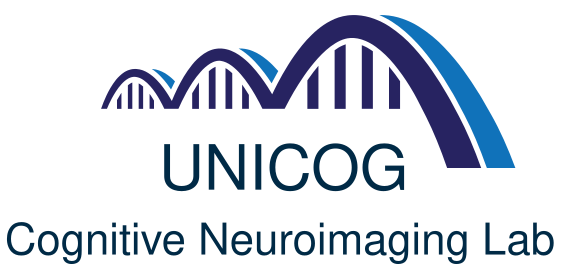Maxime was a PhD candidate under the supervision of Florent Meyniel and Stanislas Dehaene. He seeks to understand (1) how humans detect and identify temporal regularities that occur in their environment, (2) how these regularities are then leveraged to make accurate predictions of the future and (3) how these predictions in turn allow a more efficient processing of new information as well as improve decision-making. To those ends, he uses computational modeling, in particular probabilistic inference, to guide the design of the experiments he is conducting. Practically speaking, he presents human subjects with auditory or visual sequences characterized by different types of regularity while recording various behavioural (binary responses, finger-tracking, …) and neural measures (MEG, fMRI). He then dissects those recordings in search for normative signatures of the inference of regularities. On the side, he also gives a great deal about possible translations of his findings, in particular to psychiatry.
Maxime MAHEU
Written by
in


